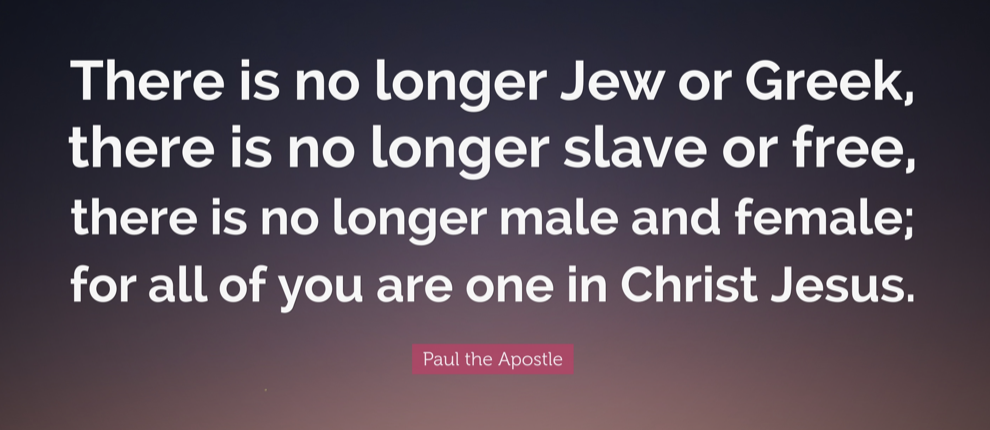
In the last two weeks we have looked at the Cleansing of the Temple in Jerusalem (or was it?) and then we looked at why God so loves us.
It’s odd when we are journeying towards Holy Week and Easter that, in John’s Gospel, we are so early in Jesus’ ministry. This week, with John 12:20-33, Jesus has just arrived into Jerusalem (again) having just raised Lazarus. That’s quite a story in itself. His feet have just been anointed by Mary. Life is quite full on; but is Heaven what we seek, or being part of God’s Kin_dom?

Fresh in the mind of many was that triumphant welcome into Jerusalem, palm leaves waving to and fro. There’s the noise, the hubbub: and it’s not just for those following Jesus. No, there are those who are just in amazement of Lazarus. It’s not just the Jews (see great quote at the end of this post) but the Greeks who are in attendance.
As we saw when Jesus created some space at Herod’s Temple with the whip etc he was situated in the Court of the Gentiles. This was a space for all to be. Now, the Greeks, possibly also from Capernaum and/or Bethsaida – where Andrew originated from – started to ask questions: can we speak with Jesus?
Oddly the Greeks use the word ‘Lord’ but was this really what they meant?
John 12:21
Well Philip was the first to be asked, who then asks Andrew, who then asks Jesus. It’s like a protocol at a Church Council! Jesus could have spoken directly top them there are then, just like he did with the Samaritan Woman (John 4) , but now is the time not just for one person but for them all.
“The hour has come for the Son of Man to be glorified”
John 12:23
The ‘Son of Man’ is used 12 times in the Gospel. It signifies the constant transformation between the human and the divine.
Glorify
Then we come to the term ‘glorify’. It may mean something slightly different to every person reading this. It’s mentioned 23 times in the Gospel alone. We have this focus upon a grain of wheat. If the grain that has fallen doesn’t die it remains alone, but if it does die then it bears fruit. It’s a fairly simple metaphor.
This concept of Jesus glorified is simply that Jesus has to die for the fruit to be born. Note that the grain has to fall first. (John 12:24) It was the choice of the Romans to kill Jesus in such a manner, but the death was necessary. For from that comes life. But, is Heaven what we seek, or being part of God’s Kin_dom?
Psyche = Self
The one who loves one’s psyche loses it, and the one who hates his psyche in this world into ‘eternal now living’ keeps it.
John 12:25
For many translators psyche becomes the soul, but here we may be lost. The Greeks would presume that it is that inherent self which is understood by psyche. Furthermore, the eternal age is often cited as the future whereas ‘age’ might be a better translation.
Perhaps we could visualise it through Hebrews 5:8 in which we read it as ‘surrender to God’s will’. It is the difference between human and the divine. A crucial element in any reading from the Gospel of John.

So what?
We have ‘others’, Greeks, arriving onto the scene, fresh from the revelations of someone returning to life after death (Lazarus). Let’s not lose the amazement with the locals about this miracle. Jesus uses, once again, a Jewish way of explaining the truth behind the headline – a metaphor. Jesus compares the desire to follow human will with following God. Using the imagery of grain, one has to fall before the other rises. Life is not ‘heaven’ or the future, but an age which could be now. Recall that often Jesus spoke of the ‘Kin_dom of God is near’. The people thought they heard thunder, but it was divine in origin. It seems fitting to link this with God’s voice from the Baptism of Christ. God never leaves Jesus, nor us.
Is Heaven what we seek, or being part of God’s Kin_dom?
As Christians, we live under the burden of a sad and violent history of anti-Semitism, in the sobering shadow of the Shoah (Holocaust), and with the painful awareness of current events in Israel/Palestine. It is important to us to be clear about what our sacred texts mean when they make reference to “the Jews,” especially during Holy Week, when we contemplate Jesus’ death. When the crucifixion narratives speak of “the chief priests and leaders of the people,” they are referring to officials who collaborated closely with the Roman systems of oppression, and were viewed with contempt by much of the Jewish community of their time. They are never to be identified with the Jewish people as a whole, past or present. It may be helpful to recall the cultural context of our Christian scriptures, emerging as they did from a small, originally Jewish community of believers in Jesus, who for reasons of faith in him as the Messiah, were eventually “put out of the synagogues” (John 9:18-23), their places of worship. In John’s usage especially, “the Jews” functions as a technical term for those among the people who did not accept Jesus as Messiah. It is a term that reflects the growing antagonism and mutual recrimination that developed in the latter part of the first century between church and synagogue. The gospels’ use of the term “the Jews” should never be understood, therefore, as a blanket condemnation of Jews in particular or in general. It is one of the bitter ironies of history that our sacred texts have been used to justify the persecution of the covenant people who were and are forever God’s first love.
Mary Tuti – The Jews